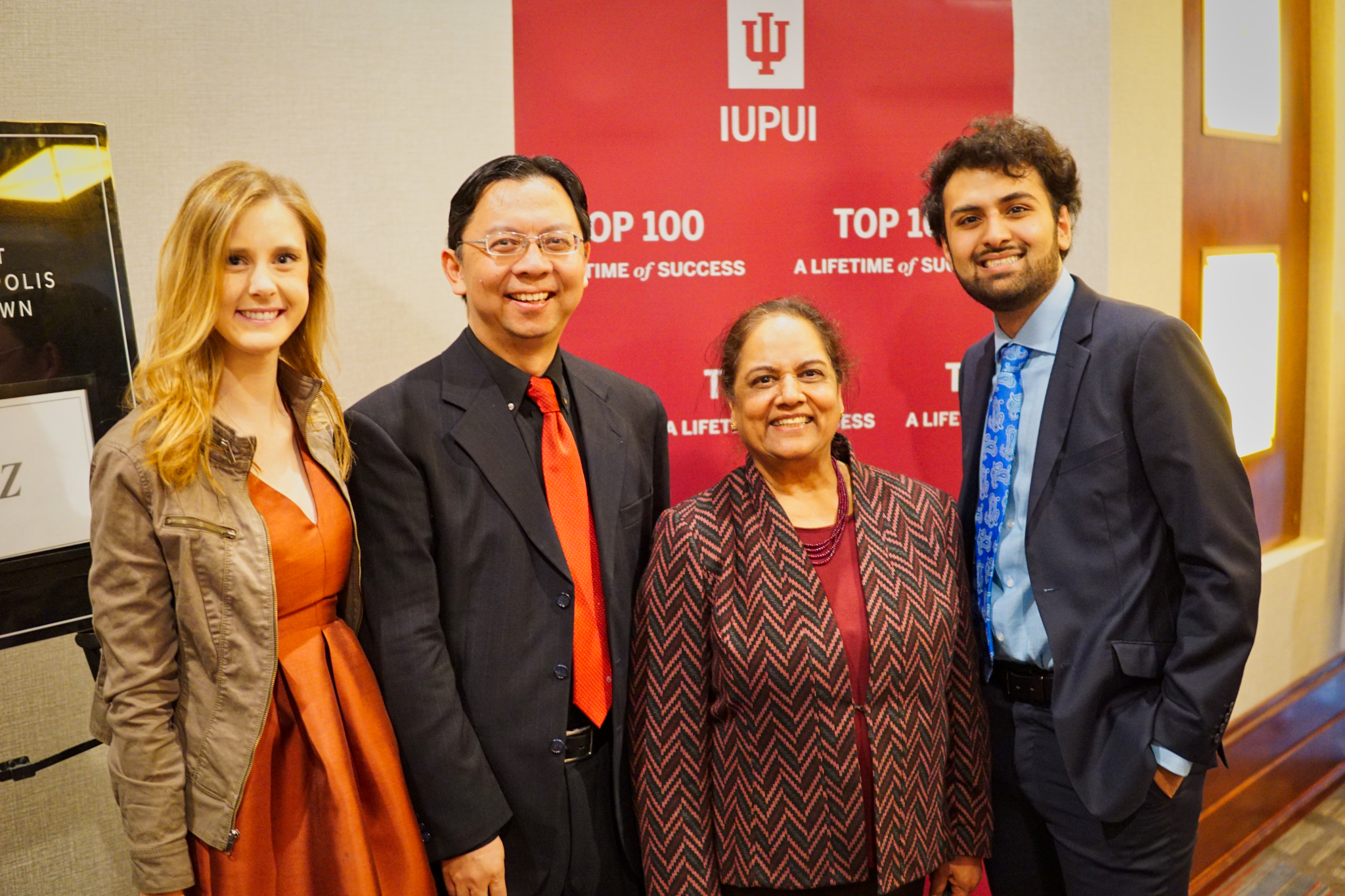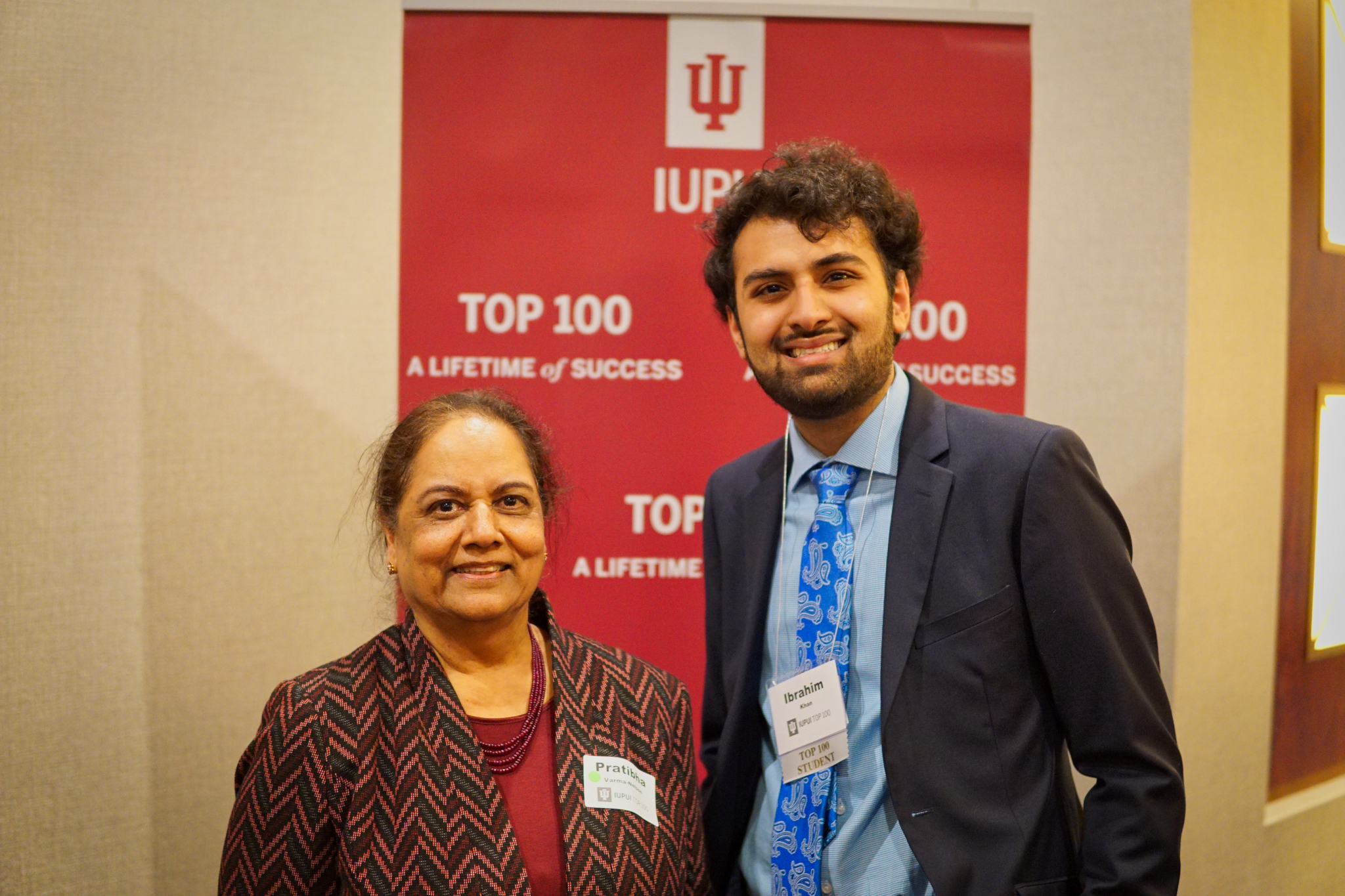The cPLTL project compares the educational outcomes (impact) of the online (cPLTL) and face-to-face (PLTL) workshops in gateway science courses. The study is underway at IUPUI, Florida International University (FIU), and Purdue University (PU) . Together, these institutions are focusing on enhancing the development, implementation, and expansion of cPLTL in science disciplines. The cPLTL workshops are currently available in General Chemistry at IUPUI and have recently been implemented in General Biology at Florida International University and Purdue University.


Description of the video:
Video of Students in cPLTL WorkshopDiverse Student Populations
The student demographics at each of these institutions differ significantly. This diversity between the campuses makes it possible to examine whether or not cPLTL retains its effectiveness with different student populations.
1Presently, 20% of IUPUI’s student population is non-White, and 75% of students qualify for financial aid.
2FIU’s student body is 76.5% non-White, with a 60% Hispanic and 13% African American student population.
3Purdue’s undergraduate population is approximately 32% non-White with low-income students from both rural (12%) and urban (9%) areas.
Measures
To document the educational outcomes of cPLTL, the research team collects and examines transcripts of workshop interactions, interviews and focus groups; and survey, student enrollment and achievement data. Collectively, this data allows for a comprehensive examination of:
Student Learning and Engagement
How students interact with peers, course materials, educational resources, and the technology
Achievement & Retention
How well students perform academically and continue enrollment
Technology Performance and Utility
How the technology facilitates or impedes students’ understanding of content Student satisfaction and level of comfort with the technology The support needs and provisions over the course of the workshop
The results are used to better understand students’ online learning needs and to develop a broad understanding of what instructional methods and technology are most effective in helping students
Description of the video:
Video of Introduction To cPLTLAfter implementing PLTL workshops in 1998, IUPUI's DFW rate decreased significantly from above 45% before implementation to below 20% by 2008. Because of the program's success, PLTL is mandatory for students enrolling in the first semester general chemistry course.
Since their implementation in 2009, cPLTL workshops have shown to be as effective as PLTL workshops which are widely popular for increasing student achievement and retention in science, technology, engineering and mathematics (STEM) fields.
Below is a comparison of PLTL and cPLTL students on final exam scores, course grades, and D/F/W rates. To date, 181 first semester general chemistry students (78 cPLTL and 103 PLTL students) have participated in the study since it began. The analysis of ACS exam scores and course grades shows students in cPLTL workshops performing at the same level as students in face-to-face workshops.
| Student Performance in Introductory Chemistry for Majors | ||||||
| Fall 2010 – Spring 2011 | Fall 2009 – Spring 2011 | Fall 2009 – Spring 2011 | ||||
| Workshop Type | Mean ACS Exam Scores | Mean Course Grades | D/F/W Rate | |||
| n | n | n | ||||
| cPLTL | 41 | 67.86 | 68 | 2.37 | 78 | 28.2% |
| PLTL | 45 | 61.93 | 92 | 2.31 | 103 | 28.2% |


